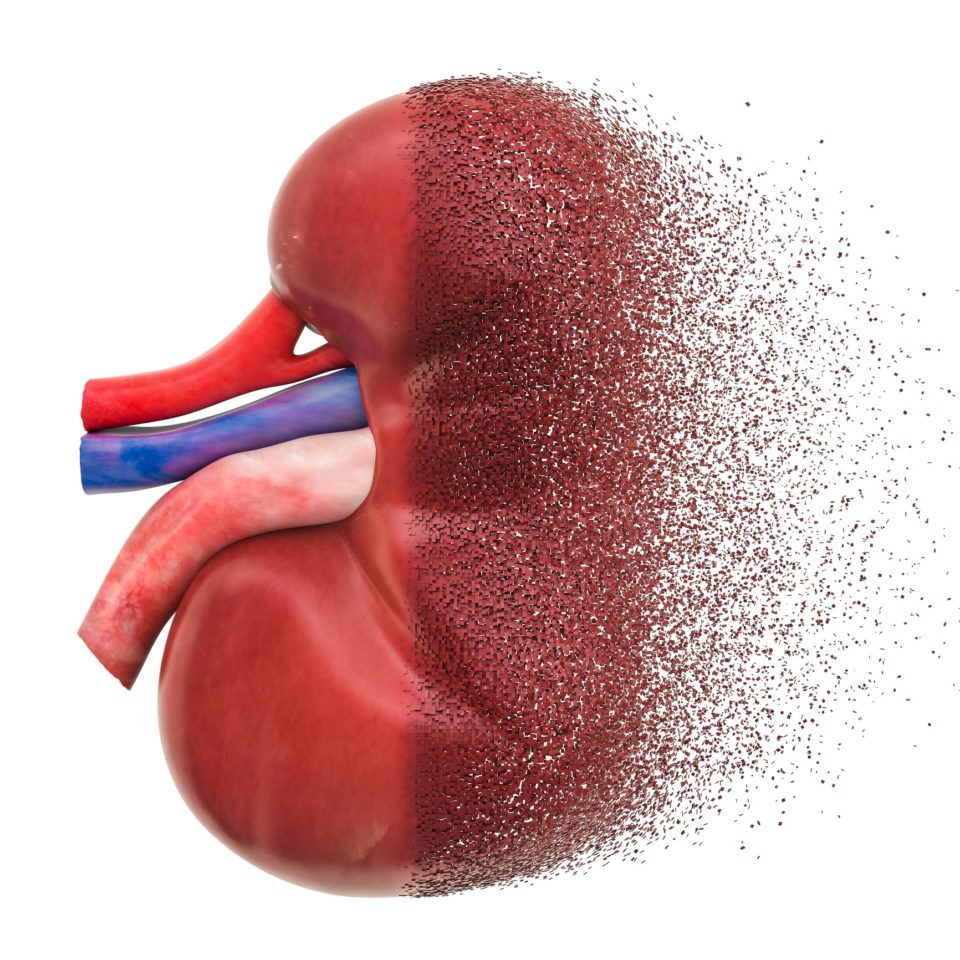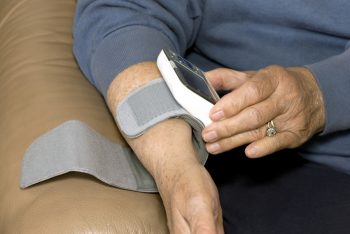
Results of recent studies have demonstrated that the risk of decline in estimated glomerular filtration rate (eGFR), progression to end-stage kidney disease, and mortality in patients with chronic kidney disease (CKD) can be substantially reduced with the used of sodium-glucose cotransporter-2 (SGLT2) inhibitors compared with placebo. However, according to Connie Rhee, MD, and colleagues, there are few data available on the comparative effectiveness of SGLT2 inhibitors versus other newer anti-glycemic medications (dipeptidyl peptise-4 [DPP-4] inhibitors and glucagon-like peptide 1 [GLP1] agonists) on the risk of incident albuminuria and decline in GFR using real-world data in patients without underlying CKD.
Dr. Rhee et al. conducted an analysis of data from a national cohort of US veterans with diabetes and without underlying CKD to examine the effectiveness of the newer medications versus SGLT2 inhibitors. Results were reported during a poster session at NKF SCM22 in a poster titled Comparative Effectiveness of SGLT2 Inhibitors, DPP-4 Inhibitors, and GLP-1 Agonists on Incident Albuminuria and Glomerular Filtration Rate Decline in US Veterans.
The researchers utilized data from the Veterans Administration Healthcare System on 32,250 US veterans with diabetes and without CKD from 2004 to 2018 to identify incident users of SGLT2 inhibitors versus DPP4 inhibitors versus GLP1a agonist therapy. Combined users of the classes of interest were excluded from the analysis.
The study used multivariable Cox models to examine associations of SGLT2 inhibitor versus DPP4 inhibitor use versus GLP1 agonist use with the risk of incident albuminuria, defined as ≥2 urine-to-albumin-creatinine (UCAR) levels ≥30 separated by >90 days. The researchers then compared the risk of developing GFR decline, defined as ≥2 eGFR <45 mL/min/1.73 m2 levels separated by >90 days, with the use of the anti-glycemic medications.
In Cox models adjusted for expanded case-mix + laboratory + other anti-glycemic covariates, compared with the use of DPP-4 inhibitors, there was an association between use of GLP1 agonists and a higher risk of incident albuminuria. There was no association between SGLT2 inhibitor use and a higher risk of incident albuminuria.
There was also an association between GLP1 agonists use and a higher risk of decline in eGFR. There was no association between SGLT2 inhibitor use and a higher risk of eGFR decline.
In conclusion, the researchers said, “In a national cohort of US veterans with diabetes and without underlying CKD, GLP1 agonists use was associated with a higher risk of incident albuminuria and eGFR decline, whereas use of SGLT2 inhibitors had comparable risk to DPP4 inhibitor use.”
Source: Rhee C, Narasaki Y, You A, et al. Comparative effectiveness of SGLT2 inhibitors, DPP-4 inhibitors, and GLP-1 agonists on incident albuminuria and glomerular filtration rate decline in US veterans. Abstract of a poster (Poster #282) presented at the National Kidney Foundation 2022 Spring Clinical Meetings, Boston, Massachusetts, April 6-10, 2022.







 © 2025 Mashup Media, LLC, a Formedics Property. All Rights Reserved.
© 2025 Mashup Media, LLC, a Formedics Property. All Rights Reserved.